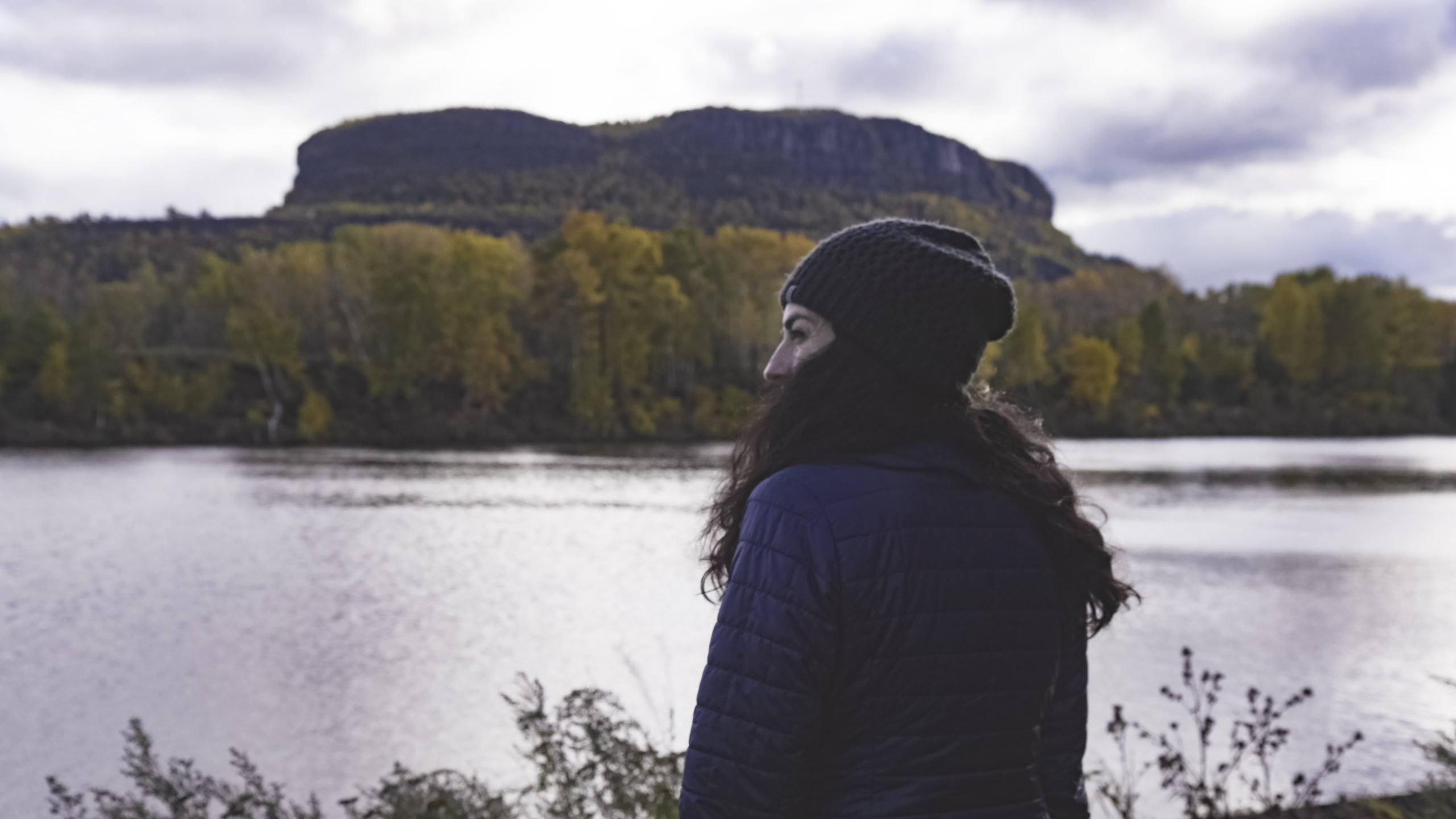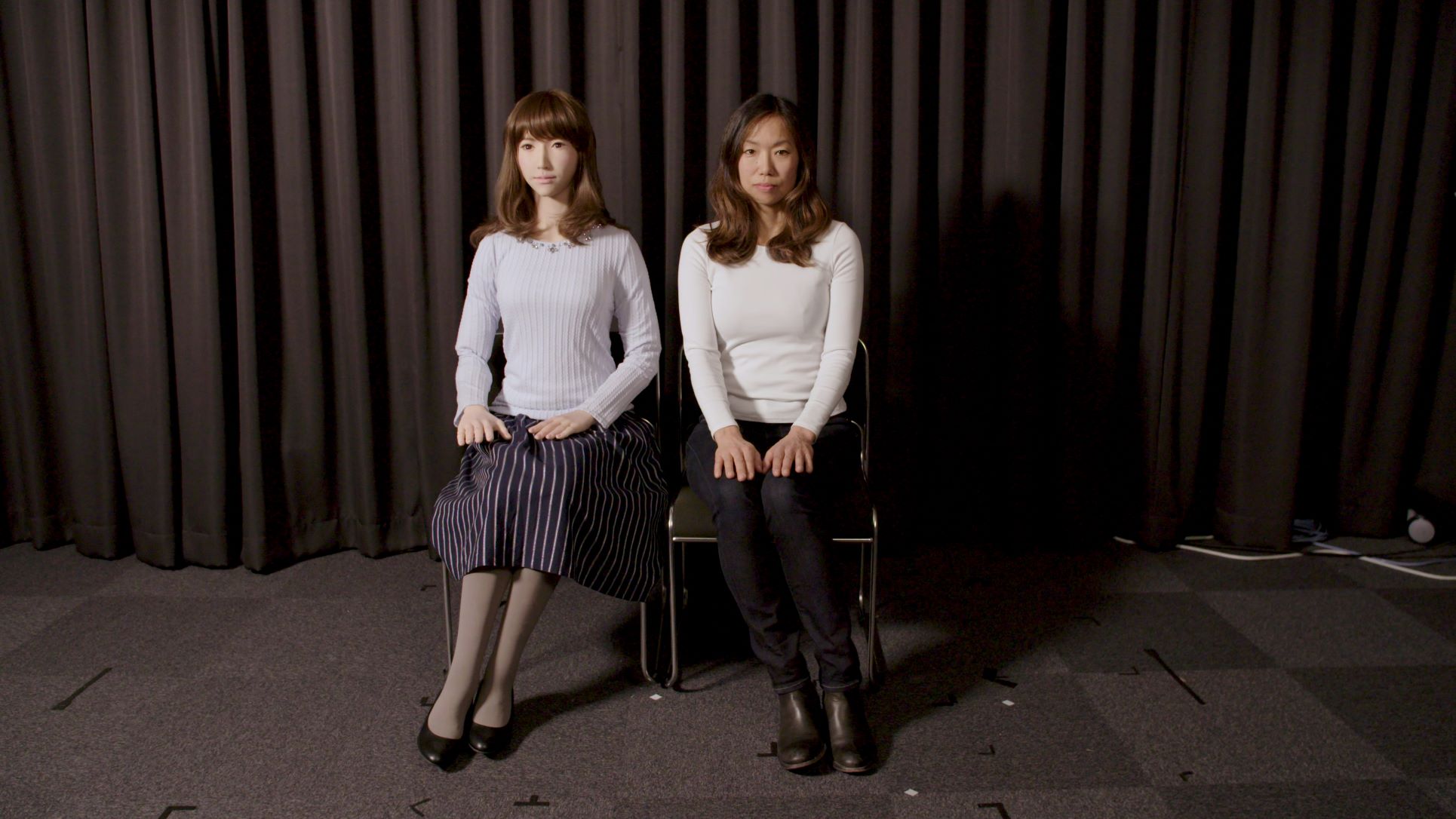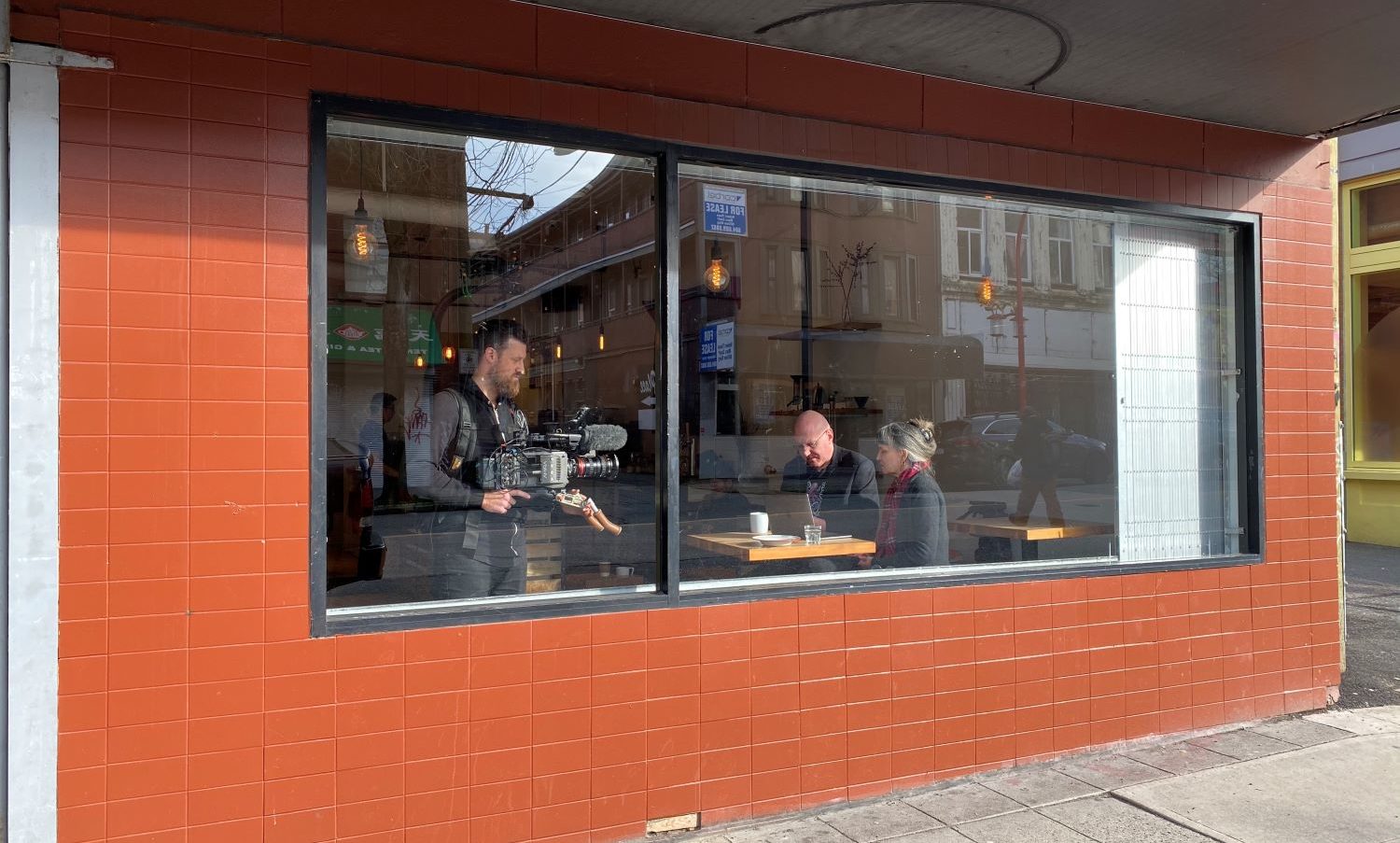With a world premiere at Hot Docs, award-winning investigative journalist Tanya Talaga has co-directed Spirit to Soar, a film debut, which follows up on the tragic stories in her award-winning non-fiction book Seven Fallen Feathers.
Seven Fallen Feathers: Racism, Death and Hard Truths in a Northern City examined the circumstances and systems that led to the deaths of seven Indigenous high school students, Jordan Wabasse, Kyle Morrisseau, Curran Strang, Robyn Harper, Paul Panacheese, Reggie Bushie, and Jethro Anderson, who came to Thunder Bay, Ontario for school in the early 2000s. Juggling a column for The Globe and Mail, and four years after the publication of Seven Fallen Feathers, the Anishnaabe/Polish journalist’s first foray into film came with many new lessons about directing and executive producing a documentary.
“I didn’t know anything about filmmaking before I started this journey, but I always had in my mind that I wanted to make a documentary of some sort,” says the Toronto-based director, by phone. “I actually don’t think it was possible to do it on Seven Fallen Feathers. What do you do with all of the news footage or lack thereof, of what happened with the seven fallen feathers themselves?”
She felt a better film focus would be on exploring what’s happened to the families of the seven teenagers after the 2016 inquest into their deaths, and felt it necessary to include her own story, which didn’t come easy. “As a journalist that’s never where you want to go. I’m not the story,” she says. “But I remember Elder Sam Achneepineskum once said to me that our ancestors want to know who’s speaking and I think about that quite a bit and I leaned in on that thought.”
She attributes her many years of journalism for teaching her how to focus and write a strong story. “I executive produced the film as well, and it’s so different from everything that I knew,” she says. “But to me, the most important thing about this film was being true to the story itself and journalism taught me how to do that.
“In documentary filmmaking, you have to have certain strong voices and a strong thread of a story through the film. It’s the same as long narrative writing,” says Talaga. “Visually, I spent quite a bit of time when I was a journalist at the Toronto Star taking my own photos. That’s totally different from filming, but you gain a little bit more of a visual eye.”
The most crucial thing she learned was the value of a good editor, which she found in Eui Yong Zong. She says she’s currently going through withdrawal of having five Zoom calls a day with him. Because of COVID, she never physically sat with Yong Zong, other than at the very beginning of the process with early footage. “I’ve never sat with him in the same room. I hear most directors do that,” she jokes.
Many Indigenous creators came together on this film, which made Talaga very proud. That team includes co-director Michelle Derosier, who has lived in Thunder Bay, and is from Eagle Lake. Jennifer Podemski helped in the development process, composer Ansley Simpson contributed, while artist Ray Fox worked as an animator for the first time on Spirit to Soar. Ricky Bushie, the brother of Reggie, translated and wrote the syllabics for the film. Sean Stiller, director of photography, is Secwepemc from the West Coast, and he imprinted the film with the understanding of how we see land and water. Talaga’s media company Makwa Creative, executive produced the film.
The film is for Indigenous people but it’s also for Thunder Bay, and Canada, she says. “It’s a film that I’m hoping will cause people to reflect on what colonization has done and the trauma that ensues from the separation of our people from the land,” says Talaga. “I hope that they see the love, the understanding and incredible strength, beauty and resiliency of our families, and of our rich solid history in this place.”
Hot Docs runs April 29 to May 9.











